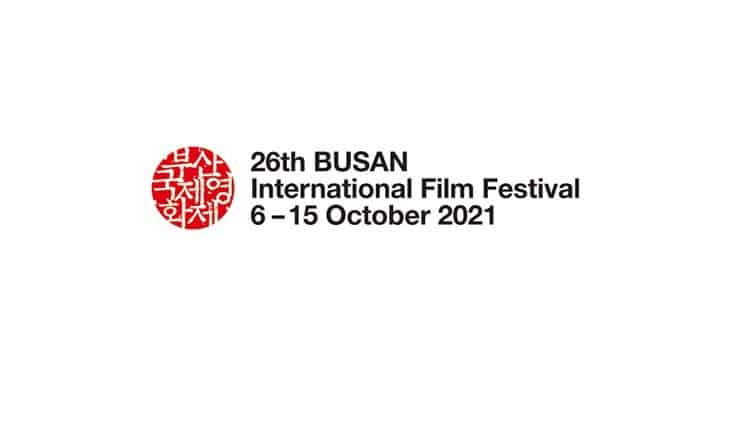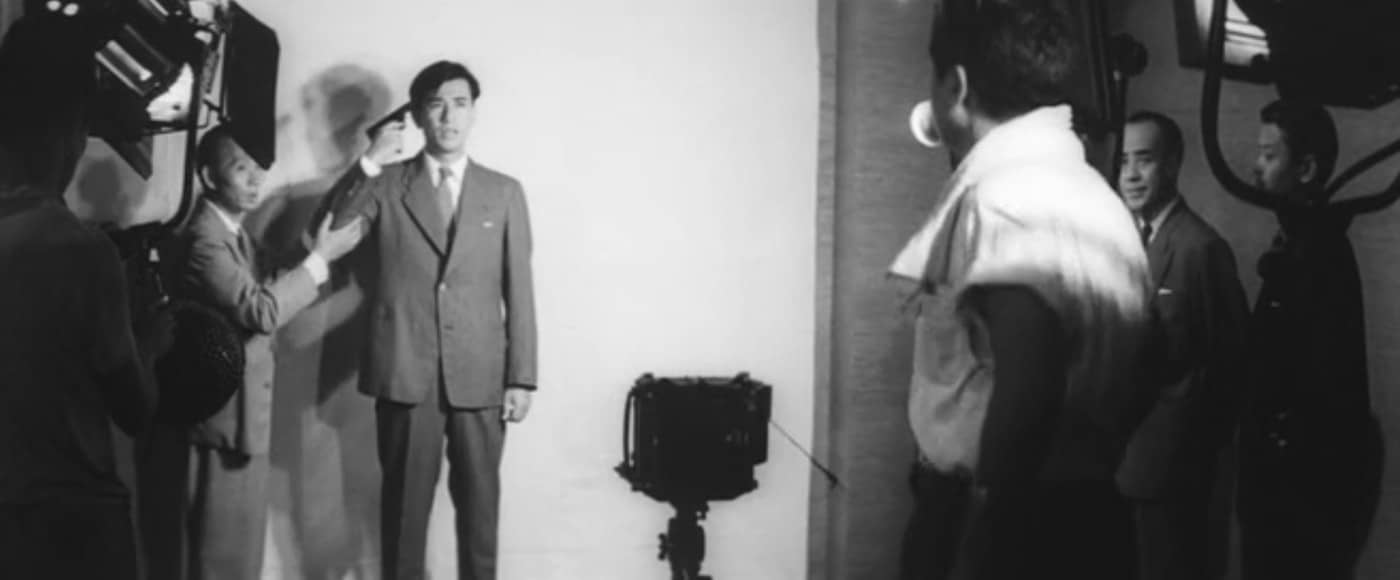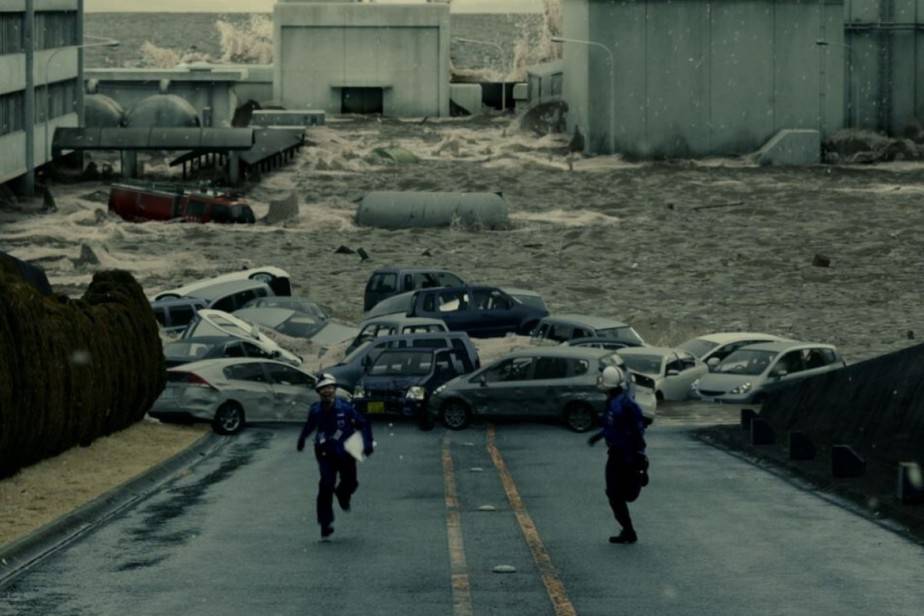Following the masterclass on how to shoot a great movie with no budget that was “Mariam”, which netted her the Cyclo d′Or at the Vesoul International Film Festival of Asian Cinemas, the next step Sharipa Urazbayeva would take in her career, this time with a significantly larger budget, was definitely a point of interest in the festival circles. In that fashion, the Kazakhstani filmmaker chose to implement a similar recipe, by focusing on another woman who finds herself against all odds in a remote area of the country, although this time, the melodramatic aspect is more stressed.
“Red Pomegranate” is screening at Busan International Film Festival

Anar, the 38-year-old daughter of a mine owner, has recently married Marat, and now lives with him and his son, Adil in a small village. She is pregnant, and her age along with being anemic, makes the whole procedure one of high risk. Furthermore, her laptop is broken as soon as they move, and not being able to find parts to fix it in the area, she loses her job. With both of them being unemployed, Marat reluctantly agrees to go work for Anar's father, in another area, however, leaving his son and wife to fend for themselves. Soon, it is revealed that the reason that led him to move to the countryside is to get away from his creditors, who pay a rather unpleasant visit to Anar. The woman eventually manages to find a job in a local convenience store, while sending Adil to a summer camp. Soon, however, things take a turn for the worse, as she finds herself fired and Anar raped, by the son of the convenience shop owner no less. Her effort to get justice stumbles upon intense hurdles, as the owner is a “respectable” member of the local society, and the police want to just sweep the whole case under the rug, while she is a woman, and a stranger, which makes her words essentially irrelevant in such a small society. Eventually, her husband finds a solution but one that serves him and only him.
The central element of the film is also the most obvious and its biggest issue: the story goes a bit too far with the blights Anar faces, which are too many for one person, even for melodramas, and even if the Urazbayeva's purpose was to show the many difficulties women in Kazakhstan face today, as thoroughly as possible. This approach brings us to the second issue of the movie, which overextends its welcome through all these dramatic occurrences at 113 minutes, with the finale in particular lagging significantly for no apparent reason, despite the fact that it is both visually impressive and somewhat satisfying.

These issues, however, do not mean that the movie is without merit, on the contrary, the ticks in the pros column are probably more. The commentary about the place of women in the still prejudiced and patriarchal local society is quite evident, with Urazbayeva stressing that the concept is more intense in rural areas, outside the urban centers. In that regard, Anar is becoming the victim of prejudice through a number of her capacities. First, as an “older” mother, then as a wife, with Adil's lying, violent behaviour being truly despicable, then as a woman, who should not speak about men, then as an outsider in the almost secluded society and essentially, due to her financial situation, which deems her a part of a lower “caste”, at least in the eyes of the authorities. Through all these blights, it becomes evident that the system in the country does not work at all, particularly for women, but furthermore, and through the behaviours of Anar, the owner, his son, and the police officer, Urazbayeva seems to put the blame on men as individuals, at least as much as in the system.
The second trait of the movie is the impressive performance of Ainur Bermukhambetova as Anar, who portrays her inner struggle and her desperate efforts for justice in a remarkably measured style, communicating her feelings and psychology through her impressive eyes for the most part. Particularly her apathy in the finale is louder than ever, in a truly memorable scene.
The third trait concerns Zhandos Zhumabaev's cinematography, who captures the various aspects of the movie in the most impressive fashion. The almost dystopian setting surrounding the lake where the flashbacks of Anar's past are presented, the claustrophobic interiors, both in the house and the police department, the light of the sun and the colors of the pomegranate are all a wonder to look, with Zhumabaev also retaining the sense of measure that characterizes the majority of the movie's aspects.
Urazbayeva obviously has the eye for filmmaking, but she needs to work a bit more on her writing, and also to gain the experience of how to implement bigger budgets. Both the issues and the traits are rather obvious in “Red Pomegranate” which emerges, though, as a beautiful and contextually intriguing movie that definitely deserves a watch.














